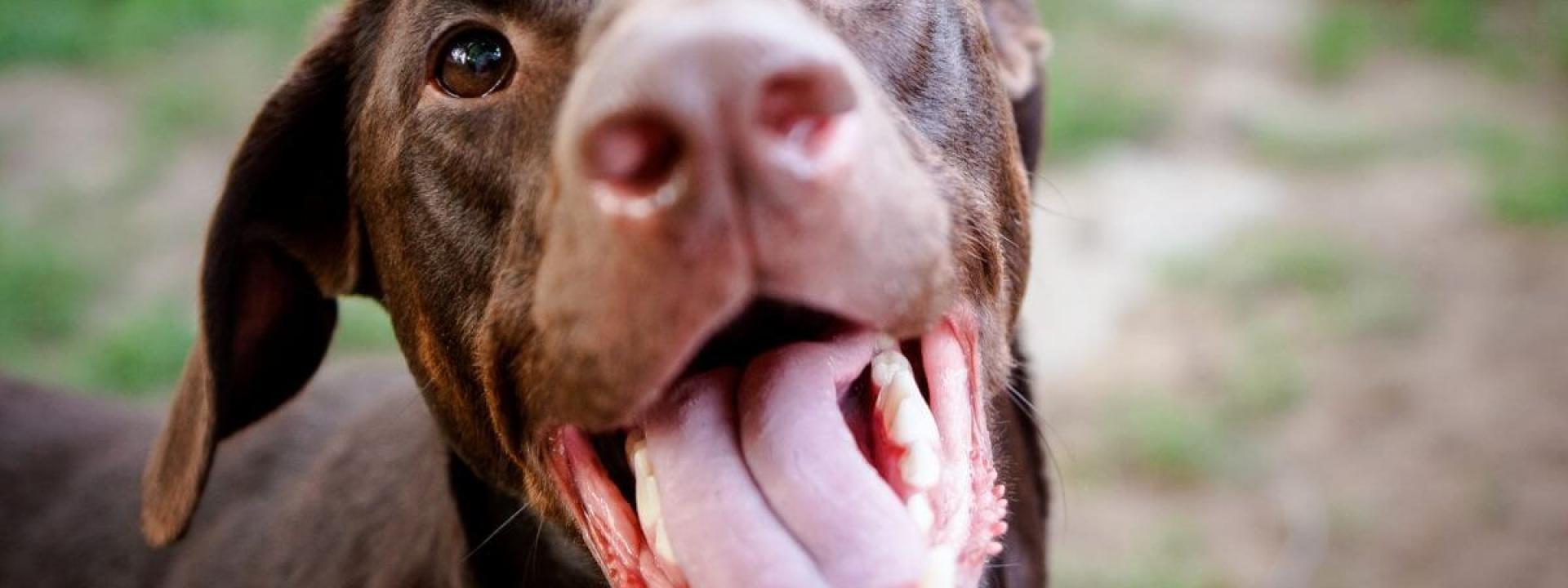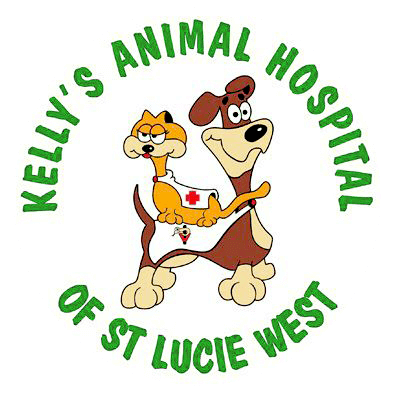Dental Month

This is a good time to re-evaluate your pet’s oral health. Oral care is second nature for us humans. We religiously brush and floss our teeth at least twice a day and have our teeth professionally cleaned twice a year.
A recent survey showed that only about 5% of pet owners routinely brush their pets’ teeth. Most clients are open to the idea, but when it comes to implementing oral care into their busy daily schedules, reality sets in, we tend to not follow through. The best time to start oral care for our pets is when they are young. This then becomes part of the daily routine for both pet and owner. There are many good products to help us maintain good oral health in our pets from chicken flavored toothpaste, soft toothbrushes, finger cots, oral rinses, water additives and dentachew treats and oral care diets.
Good dental hygiene is important in our overall health as well as our pets. The bacteria that grow in our mouths create gingivitis causing erosion of the gums and tooth loosening. The bacteria that generate in the mouth can become systemic affecting the heart, kidneys, and liver. Prevention is the key to sound dental health. A favorite expression of mine is “ Better to catch something early than to wait and have the treatable become untreatable!”
We do comprehensive dental cleaning, scaling and fluoride treatment on our patients, just like we receive at our own dentists. Because dogs and cats have not mastered the rinse and spit technique, they must be sedated for the dental prophy. We take great care and require pre-anaesthetic bloodwork to make sure there are no unknown issues that could affect anaesthesia. All animals are intubated and the anaesthesia we use is the same ones that are used in human practice. All animals have heart and oxygen saturation monitors. The procedure normally takes about 15-20 minutes and most patients are awake with 10 minutes,. We call all our pet owners as soon as their babies are awake, and they can usually go home by early afternoon.
Age is not a limiting criteria for doing dental care. We have had numerous patients that came from other veterinary practices that were told that their pets were too old and it was not worth it. I absolutely do not ascribe to that philosophy. I would rather do a dental cleaning on a healthy pet that is eating well, regardless of age, than to wait until they stop eating because of loose teeth, or a tooth abscess and then do the dental cleaning. The pet is now more compromised and a greater anaesthetic risk. I keep telling my clients that age is not a disease and as I get older and grayer, I hope my own doctors have that same consideration for me.
Take advantage of pet dental month and get your pets’ mouths evaluated. We are discounting the cost of dentals this month and your pet will be healthier for it.
